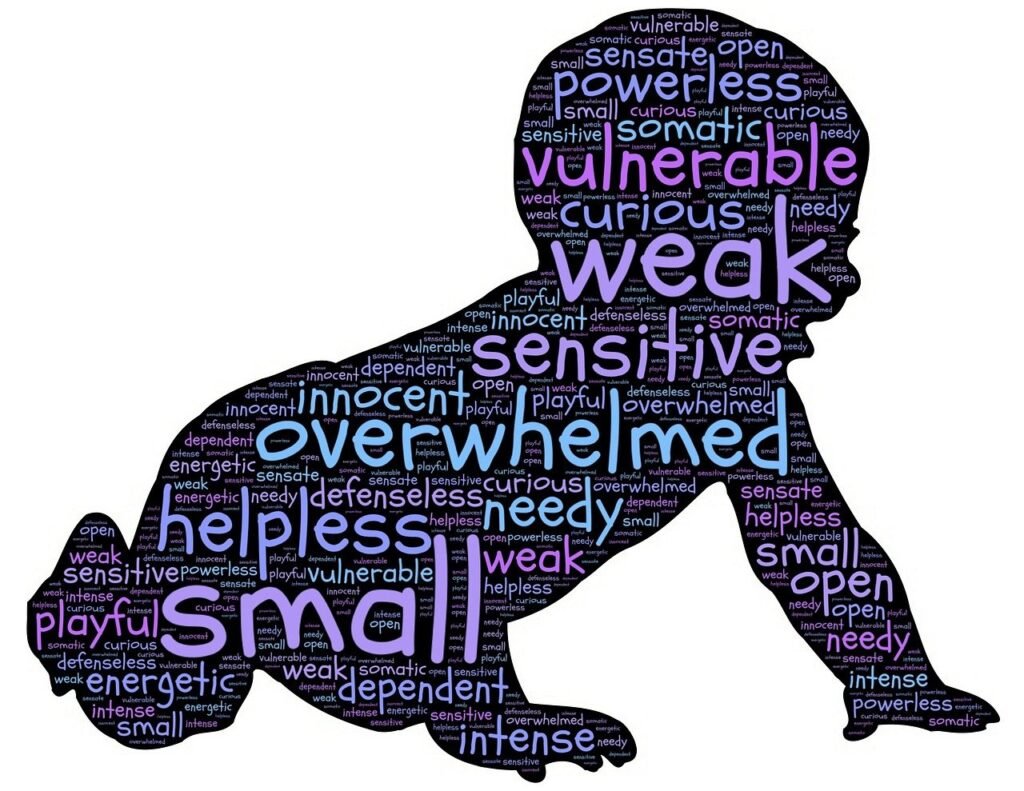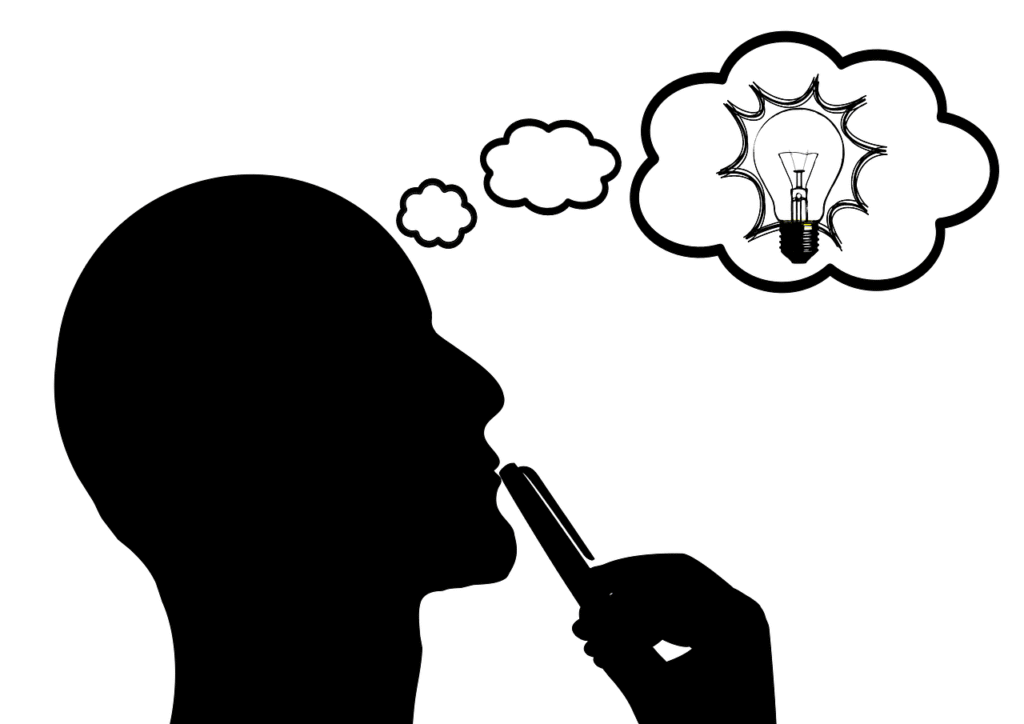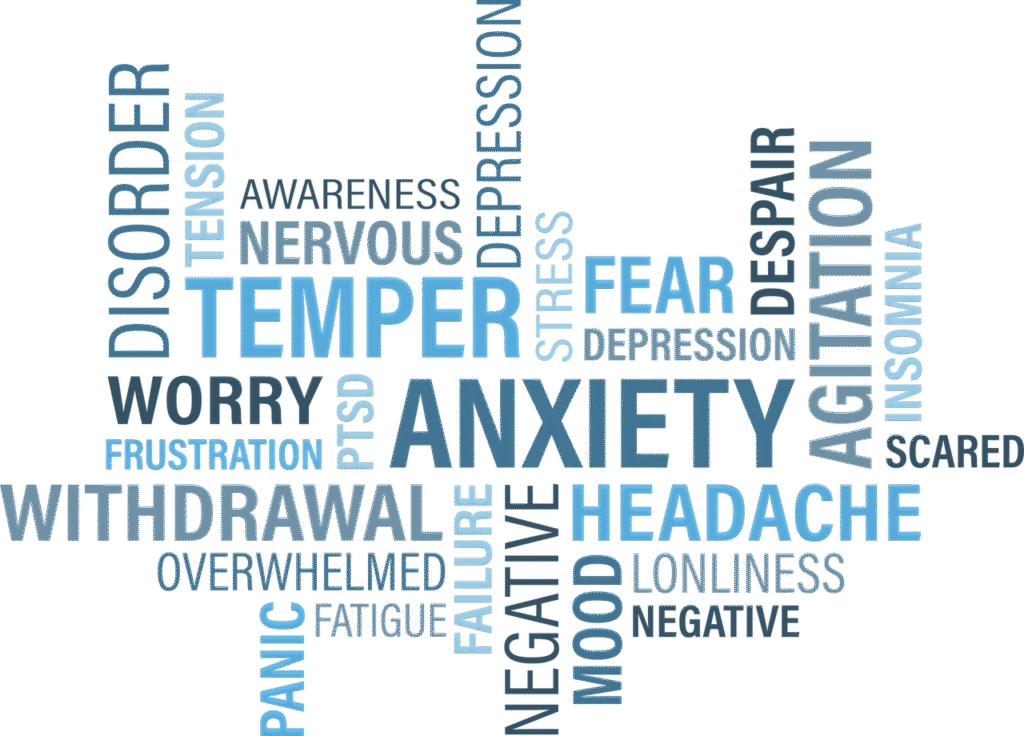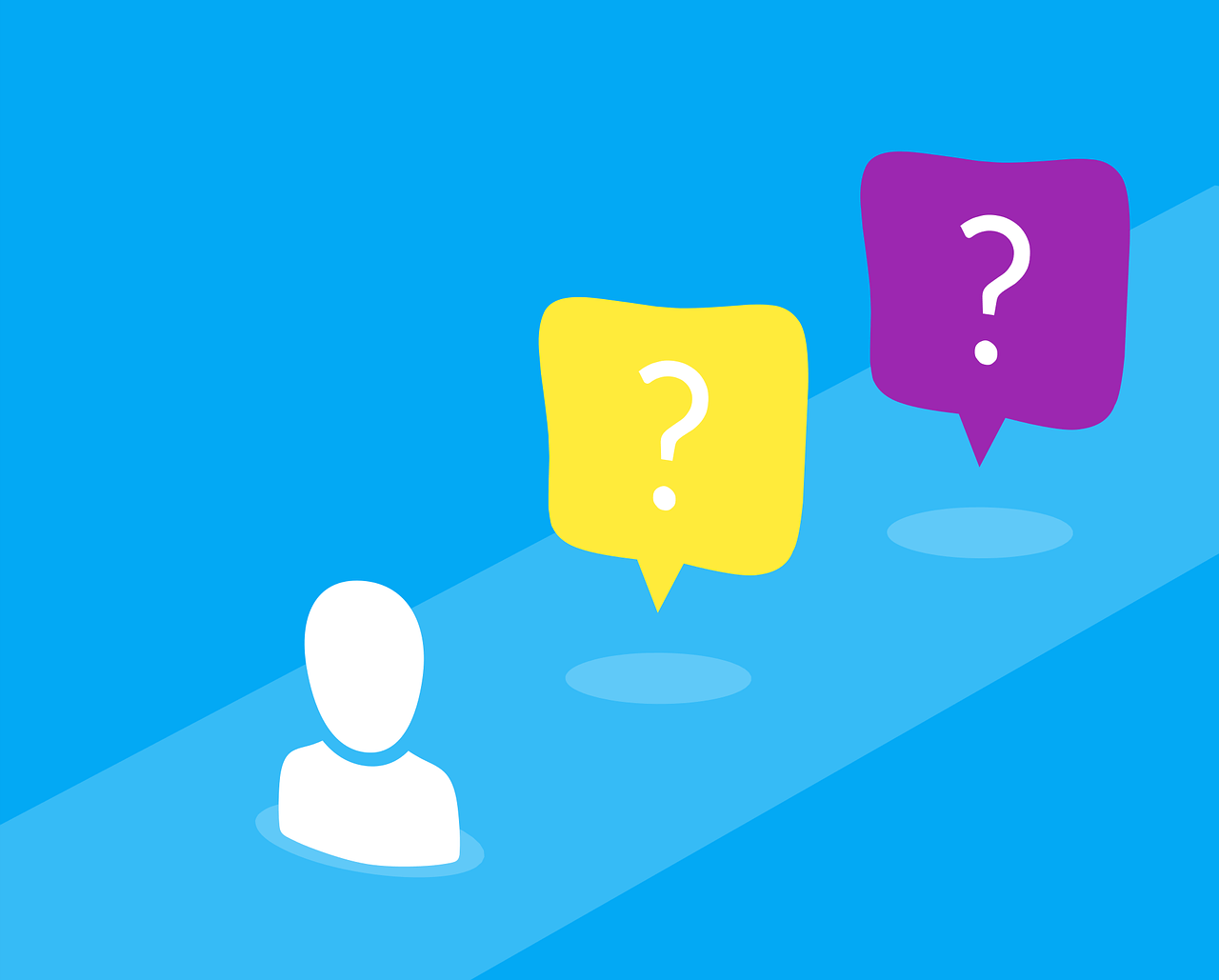Have you ever felt a profound disconnect, as if your inner world operates on a different rhythm than everyone else’s? This post delves into the often-misunderstood realities of living with ADHD, revealing the unseen battles and the path towards self-acceptance.
The Silent Battle Within: Undiagnosed Struggles
We often think that children who are excessively mischievous, restless, or fickle are just being normal kids. But sometimes, that child might actually be struggling beneath the surface.
Thoughts like:
- “I am not good enough.”
- “I am a failure.”
- “I am a loser.”
These painful ideas then begin to swirl in their mind. We might keep telling them, “You don’t care about me; that’s why you don’t listen to me.” But they might simply be unable to maintain focus. They might be zoning out.
Ryan’s Journey: A Life Unexplained, Until 26
Pseudonymously, Ryan, at the age of 30, suddenly felt one day that:
- I am not good enough.
- And I am a complete loser.
- I am a failure.
“My contemporaries, with the same potential as me, manage everything so beautifully. They can socialize so well. But after just three hours of socializing, I feel completely drained, like my battery is dead.”
“They manage their holidays beautifully and find time for themselves, but for me, as soon as I finish one task, another comes, and then another. I feel impossibly slow; I feel like I can’t manage anything. I’m living a very messed-up life.”
“What’s more, I feel that others do everything to stay healthy, and I’m trying too. I cycle, I try to stay fit, and I try to be kind to my wife. But even then, in some areas, I genuinely struggle.” And what I haven’t mentioned yet is that my ADHD diagnosis came when I was 26.
“Oh my God,” I would definitely say that after that diagnosis, looking at my life without glasses versus with them, the world around me looks so beautifully clear now. It felt exactly like that. All the struggles of my life up to 26 years suddenly made sense to me.
Childhood Reflections: The Signs I Missed

As a child, everyone used to tell me, “I’m a profoundly inattentive child. I simply can’t sit still.” I mean, I’d want to talk even before hearing half of what was being said. In an exam hall, I would come away after answering questions without even fully reading them. I mean, maybe I was a brilliant student, which is why I did well in exams and could get into a good university and now hold a job.
But I don’t know how I was doing that. I would always leave questions unanswered like that. And if someone was speaking to me, their thoughts would get lost halfway—suddenly, after some time, I wouldn’t know what they were talking about, completely lost in my own thoughts. I wouldn’t even know exactly when I’d drifted off, and neither would they, but I would keep looking at the speaker, and they’d think I was listening to them.
I always seemed to get angry very easily, become agitated, and couldn’t manage my emotions. Everyone else might react so little, but I would react so much. I’d feel sad and isolated. I never made friends; I remained an outsider. No one would include me, not even in games or teams. This was because I wouldn’t “maintain the line”; I simply couldn’t manage my emotions, or rather, I would get lost.
People would bully me, and adults would get annoyed, saying, “Naughty child,” “Fickle child,” “Disobedient child, doesn’t listen.” So, my life was a roller coaster ride. But at 26, when the diagnosis came, I finally understood why I had been so singular, why my life had turned out this way.
And even after the diagnosis, I am definitely doing well after consulting a doctor, and I am receiving treatment. But still, I am struggling, and my struggle doesn’t seem to be ending.
Unmasking ADHD: A Neurodevelopmental Reality
“I don’t know what to do.” We frequently encounter these questions. And basically, I haven’t told you the story of one of my patients. What I’ve done is described the criteria of ADHD (Attention Deficit Hyperactivity Disorder) through this narrative. And since ADHD is a neurodevelopmental disorder, it begins in childhood. We often consider children’s excessive mischievousness, restlessness, and fickleness as very normal.
But that child might be struggling, and perhaps they are affected by this ADHD. In many cases, it remains undiagnosed. Consequently, the person grows up, and another factor is that these children might experience parental pressure. Mothers or primary caregivers keep them constantly on the go: “You must study, you must do well! Don’t sleep too long! Do this, do that!” They provide continuous direction, organizing their lives.
Because of this, they often do well up until school and college. After entering university life, those who stay with their parents and whose parents continue to push them can still do well. But those who move away from their parents often find they cannot manage things on their own.
In many cases, to cope with life, they start using drugs, become entangled in various addictions, and engage in continuous self-harm. Slowly, they completely descend into a derailed life, and many commit suicide. But the situation would have been different if they had been diagnosed in childhood or early on, if they had understood their lives. Then, in that story, Mr. Ryan would never have struggled as he did.
Understanding the ADHD Brain: A Different Operating System
And here’s what happens: look, a person who actually has a neurodevelopmental disorder, and a neurotypical person (meaning, a conventionally “healthy” person) and a person with ADHD—both have the same potential, both have the same intelligence. But because of their inability to maintain attention, classified as Inattention Type and Hyperactivity Type, from these two names, we understand that one cannot stay still, and the other cannot maintain attention towards one thing.
And because of this, the problem arises: they try to compare themselves with those around them.
Thoughts like:
- “Maybe I’m a failure.”
- “I’m a loser.”
These thoughts then begin to swirl in their mind. And today, let’s see how this ADHD steals our energy from us and gives us a feeling of being a “loser” in life. It completely breaks, destroys, and crushes our self-confidence.
The ADHD Mind: Speed and Distraction

First of all, consider a person who cannot maintain attention. Imagine the brain of a person with ADHD as a big screen where ten channels are running simultaneously, and they are trying to watch all of them at once, jumping from one to another, unable to stay focused on any single one. They want to see everything, unable to stay still. So much runs inside that person’s head, or they cannot maintain their attention; their eyes dart in different directions. And another person, who might get distracted or whatever, can still maintain some focus and concentration.
Between these two people, who will be slower in their work? Definitely, the person with ADHD. It will take them 4 hours to do one task, where an ordinary person’s work takes an hour. Why is this happening? Because what we see in this person is, for example, they might have an exam tomorrow morning. Tonight, they will sit down to study with a pencil, pen, their book, notes, and guidelines. While an ordinary person might simply sit down at the table, an individual with ADHD won’t do it as straightforwardly.
What they will do is, after bringing their notebook, they’ll suddenly remember, “I need to drink water.” They’ll run off to drink water. Then, from drinking water, they’ll start chatting, “Oh, I had an exam, I need to study.” After a while, they’ll come back, “Oh, I didn’t bring the pen. I need to get the pen.” They’ll go get the pen from someone else, and while getting the pen, they’ll get lost again. They might see a signboard, or a book, or a little mobile phone, and get completely engrossed.
The Double-Edged Sword of Mobile Phones
For them, mobile phones are one of the most, most, most destructive things. Because even if these people cannot pay attention to anything else, they can do the tasks they like or those that are very addictive (as already mentioned at the beginning) for hours on end. On a mobile, with its short-term stimulation, they can scroll mindlessly and lose themselves.
After a long time, they’ll realize, “Oh, I needed to study.” And then, perhaps, they’ll sit down to study with a pen. Maybe the note isn’t where they kept it, and they’ll think, “Why isn’t the note here? Where did I keep it?” While looking for it, they might then think, “Oh my, I was drawing a duck on the back of my notebook. Why didn’t I draw its tail?”
Now, they don’t even have their mobile, and there’s no time left; they might need to sleep. But they will beautifully draw the duck’s tail with great concentration at that time, and even try to add a little color. To an ordinary person, this would seem like a silly thing to do. But at that moment, it was very interesting and enjoyable for them. This wasn’t necessarily because there was a deadline; even if it was a random task, they would get distracted in this way.
The Weight of Misunderstanding: Labels and Self-Doubt
And what’s more, we see that these people lead very messy lives. We label them: “You are so slow. You are so disorganized. You never listen to what you are told to do.” The mountain of complaints against these people grows. We keep telling them, “You don’t care about me; that’s why you don’t listen to me.” But they might not be able to stay focused; they are zoning out.
And we say, “You can see your mobile just fine, but you can’t hear me.” We blame them. And since the person truly doesn’t know if they have ADHD, perhaps deep down they feel, “Why does it take me so long to read what my friend reads so quickly? My intelligence is the same as theirs; I understand what they understand. But why aren’t our results the same?”
The Undiagnosed Journey: Why It Happens
And these people are often undiagnosed. Why are they undiagnosed? Like the story of Mr. Ryan I told you, what happens is that children around us are often very mischievous. This often leads to dismissive remarks, such as “Oh, they’re just like that because it runs in the family,” or “They’re naturally mischievous and restless, just let it go.” They might go to a doctor, and the doctor might say, “It’s nothing, just let the child play a little more; if their energy is expended, they’ll be fine.”
And what else is seen is that in many cases, we parents, especially mothers, are very concerned about academics. We always try to organize our children, as I shared before. Because of this over-organization, it is seen that children often remain undiagnosed because they are doing well in academics. And our target is academics: “If they are doing well enough, it’s fine. Let the child jump, mess around, do whatever; as long as the results are good, that means my child is a good child.”
But then, since these children don’t actually find a solution, and they are actually smart, what they do is manage things in some way. They seek out alternatives and try to make life easy. They continue to struggle with their struggle. At one point, they grow up, and parents support them through school and college.
The Cascade Effect: Pressure, Isolation, and Mental Health

What happens after entering adult life is that stress increases. As one’s age increases, the struggle in life also increases. The pressure in the first year, then more in the second year, even more in the third. Then the pressure of getting a job or not, career pressure, how to do an internship, how to write a thesis—a chaotic situation arises.
And in this situation, where others can move forward with great focus, these people cannot focus at all. Multiple ideas pop into their heads: “I won’t do this, I’ll do that. I’m going here today, I’m going there tomorrow.” One thought after another, and they cannot stay focused anywhere, cannot be fixed.
And slowly, the idea that I just mentioned starts taking root inside them: “I am not good enough; I can’t do this.” And teachers might also be disappointed in them. They might say, “You are good; you have potential. But you have to use it. You have to work on yourself. Look at your other friends; they are doing it, you can too. You have to try. You’re just not utilizing yourself. You’re not focusing. You’re not concentrated. You’re not paying attention, or perhaps you actually don’t want to push yourself further.”
Hearing these words can make any student—whether a small child, a school kid, or a university student—feel utterly overwhelmed and isolated. They feel, “I am the dumbest kid ever,” and “there’s really no one else like me on Earth; nothing is really happening for me.” But they still try; they try for survival as much as they can. And somehow, they hold on, thinking, “Why can’t I do this? Why won’t anyone include me?”
And strange kinds of pressure, societal pressure, people from the neighborhood talking, showing disappointment—what will happen is that at some point, it will trigger their depression and anxiety. And this depression and anxiety are very common with ADHD.
If we assume that among those who have already been diagnosed with ADHD, 70 percent of people experience depression in their lives. And in many cases, among those who may already have depression and were diagnosed with depression before, 3 percent of cases, where depression was previously diagnosed, are later found to also have ADHD. So this issue is currently increasing greatly; adult ADHD diagnosis is increasing a lot, which is why I am talking about this topic today.
And in many cases, these people, as I mentioned, cannot take time out for themselves to finish work, relax a little, refocus, and then start another task. They simply cannot. Why? Because the pressure in life is increasing, and their distractions are also increasing. They finish one task with great difficulty, and then another project is waiting for them to do.
And another thing that happens is that their emotions become very intense. Others might feel and react only so much, but a person with ADHD will feel it with such intensity. They might be an extroverted person, enjoying mixing with outsiders. But because their emotional intensity—whether it’s anger, joy, or sadness—is so high, after spending just three or two hours with people, they feel, “I’ve socialized too much; I can’t anymore.” Their entire body gives up.
And all the time, they feel “I am not good enough” because they are always comparing themselves to neurotypical people. And in this way, we often don’t even realize how the vitality, or energy, or stamina of a person with ADHD gets stolen. But we just keep feeling that “nothing will actually happen with me.” “Why am I doing this?” they ask themselves countless times. But they also feel that “something isn’t fitting; there’s a gap somewhere with me. Why can’t I connect that dot? Why is no one actually telling me what’s happening to me?” And for this reason too, it’s often seen that their depression gets triggered. And definitely, close ones misunderstand them, and this also creates a lot of self-doubt within them.
Finding Your Path: Steps Towards Management and Self-Acceptance
So, what should one actually do then? What can be done in this situation?
In this case, what I always say is:
- Seek Medical Intervention: You must definitely go for medication, and you must also come for counseling. The moment you stop medicine, your symptoms can, in some cases, return immediately to their full intensity. In other cases, you might feel better.
- Engage in Counseling: But when you go for counseling, when you see a psychologist, they will show you the habits that are problematic for you. At the same time, they will teach you how to manage them. What does this mean? When you take counseling and medication, it’s like they are teaching you to fish, so you can earn your livelihood. So, for this reason, counseling will have a very long-lasting effect on you. But you will definitely need medicine too. In some cases, those with mild to moderate conditions can manage without medicine.
- Plan Your Day: The most crucial thing here is that since you get disturbed, since your time and energy are always stolen from you, you must always plan a to-do list in advance. When you prepare a to-do list or someone tells you what you need to do, your tendency to get distracted, even if present, will somewhat decrease.
- Understand Yourself; Stop Comparing: And another thing you need to know and understand is: Never try to live like a neurotypical person, like a “healthy” person. Don’t try to form habits like them, don’t try to follow discipline like them, don’t try to fit into life like them. Because their brain and your brain don’t work in the same way. It’s because of this gap that you might feel “I am not good enough,” and “my friend is giving the best ever performance, why can’t I?” So, you need to stop comparing and know yourself.
💬 What About You?
Does this story resonate with you? Have you or someone know experienced similar struggles or insights related to ADHD or neurodiversity? Share your experience in the comments below—your words could be exactly what someone else needs to hear today.
🌱 Want More Like This?
Stay connected with Jarassanctuary.com!
- 📰 Subscribe to our newsletter for weekly insights and practical mindfulness tools.
- 💚 Join our community of kind, grounded humans navigating the inner path together.
Let’s walk this journey toward peace and presence—together. 💚
🧭 Coming Next:
Reclaiming Your Attention in a Distracted World: Practical Steps for Digital Mindfulness

Leave a Reply